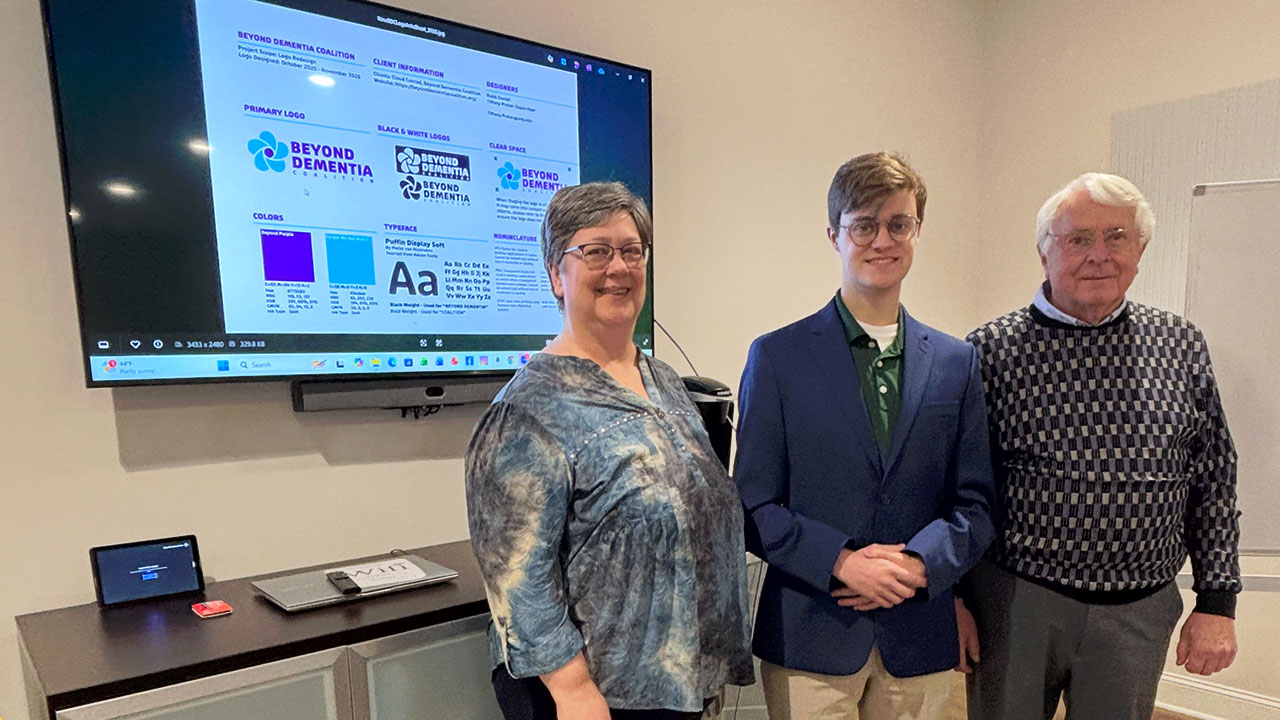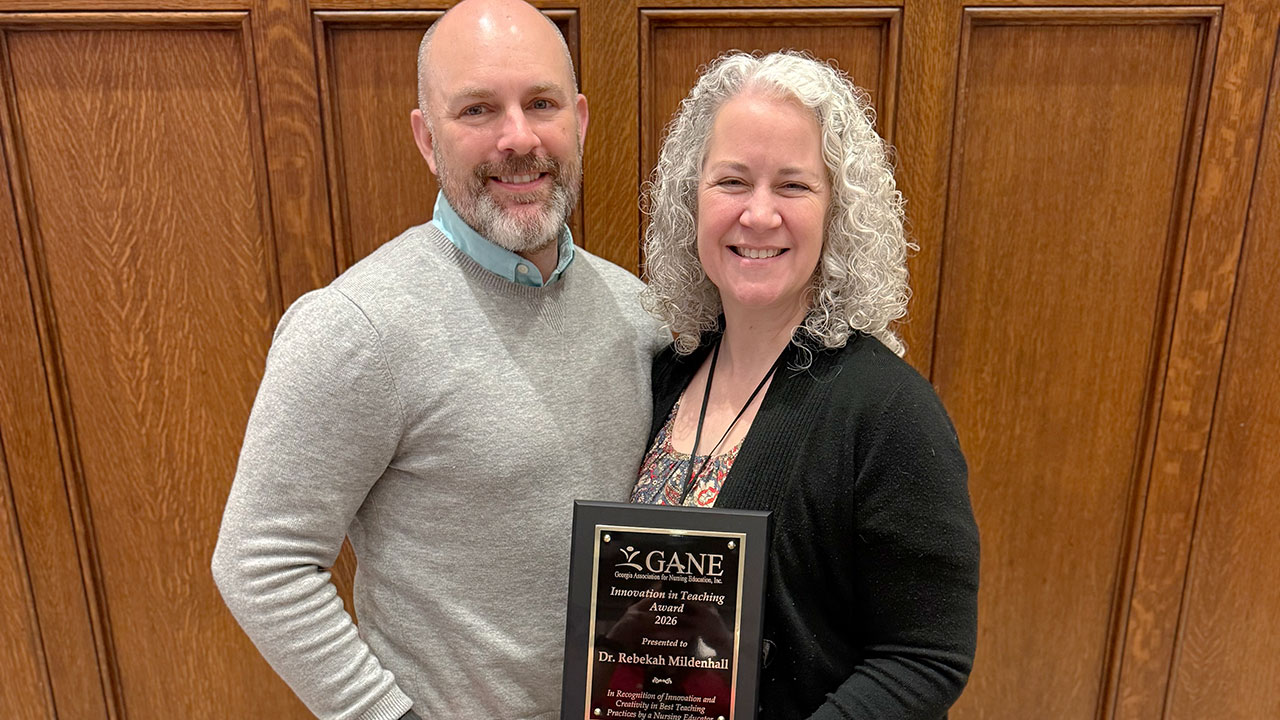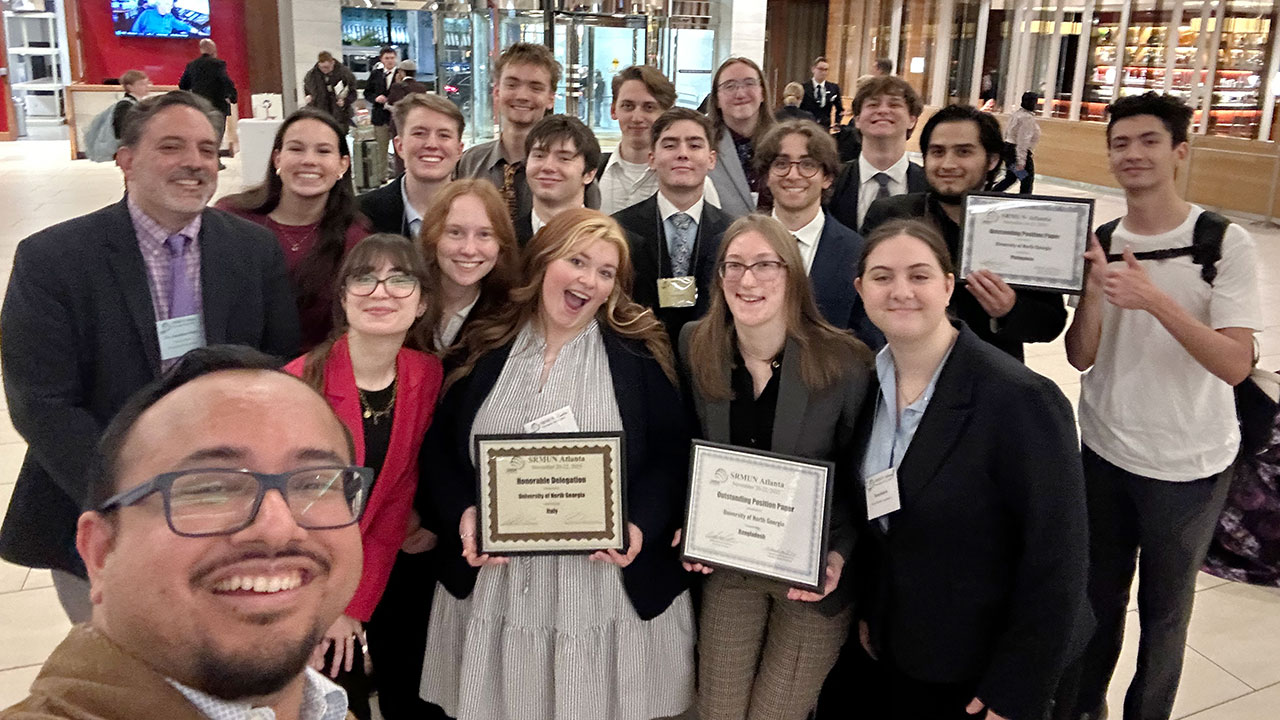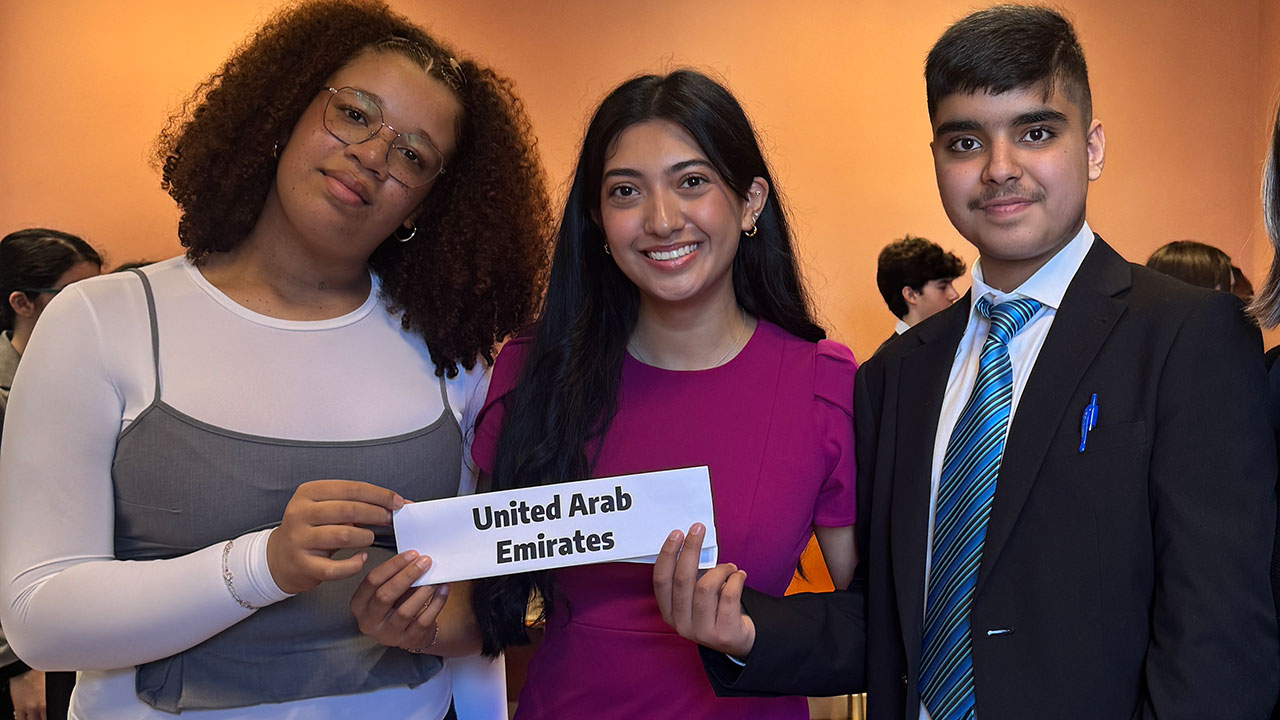Advising changes improve student outcomes

Changes in the University of North Georgia's (UNG) advising model in the past five years have led to better results for students and a more streamlined approach for staff and faculty assisting them.
As part of its Quality Enhancement Plan (QEP) for its Southern Association of Colleges and Schools Commission on Colleges (SACSCOC) accreditation, UNG instituted a trio of changes:
- Mandatory advising by professional advisers up to 45 credit hours for most majors,
- A blended model that transitions students from the professional adviser to a faculty adviser,
- And a cultural shift to advising as teaching that gives students the tools to develop their educational plans by increasing self-efficacy.
Terri Carroll, executive director of Academic Advising, said UNG has gone from lower scores in previous results on the National Survey of Student Engagement (NSSE) to scoring above the mean or at the mean of its 215 peer institutions on 24 out of 26 measures of advising success in 2020.
"We made strategic and substantial changes to the way advising is structured at UNG, and students have responded," Carroll said. "We're very pleased with the results."
UNG's advising success recently received attention on the NSSE website and in a Diverse Issues in Higher Education article.
One student who benefited was December 2020 graduate Everill Faircloth, who earned a Bachelor of Science in Nursing. She had initially started as a cadet at UNG before transferring to another university. When she sought to come back to UNG and enroll in the nursing program, her adviser assisted with advice and ensuring her updated grades were used in determining her admissions status.
"They went above and beyond," Faircloth said. "That's been my experience at UNG overall. I feel really grateful."
This spring, Faircloth is scheduled to start a nurse residency program with Emory Healthcare.
Carroll said UNG's adjustments to create a more consistent advising model across the university came after looking at how many times students changed majors and how many credit hours they had at graduation. Part of the goal was to reduce the number of excess credit hours.
"The new system helped students nail down their interests sooner and change their major less often," said Dr. Eugene Van Sickle, assistant vice president of Student Success Initiatives.
Carroll is proud of her team and the way the professional advisers serve students.
"They are in the trenches every day, and they are very busy people. They go that extra mile," Carroll said. "They are so knowledgeable and supportive, and they form positive, supportive relationships with students. It makes students more likely to persist and graduate."
Dr. Richard Byers, a professor of history and master faculty adviser, said the QEP changes have allowed students to show self-leadership in their advising.
"Students have risen to the opportunity that the model has offered them to maximize what they can get out of their degree program," Byers said.
Patti Simmons, assistant professor of nursing and a master faculty adviser, said "maximize your major" workshops at orientations and professional advising help put students on the right path early on. Then, faculty advisers can help maintain that momentum.
"We're not just signing a piece of paper and sending them on their way," Simmons said. "It's time we dedicate to them. We can build on our conversations from appointment to appointment."



